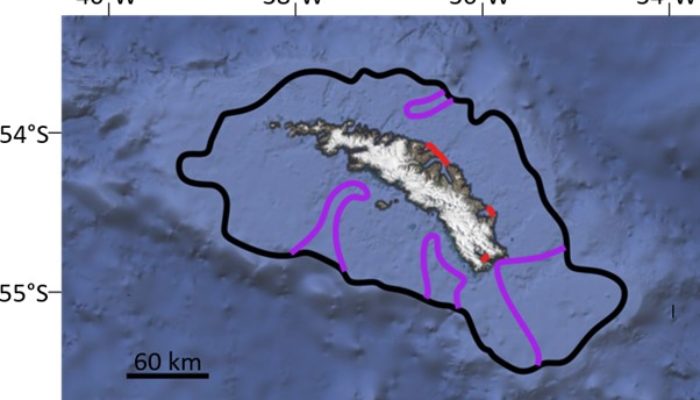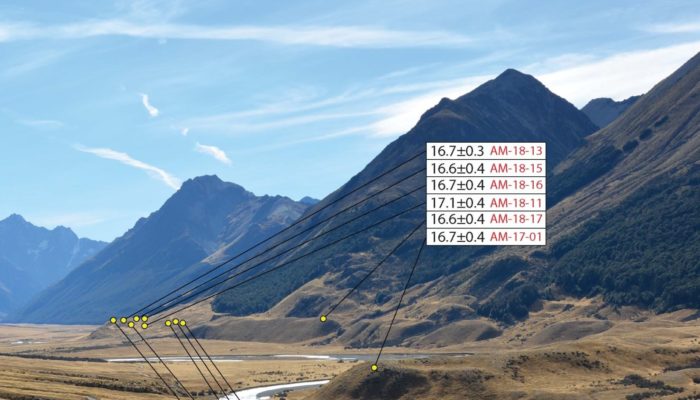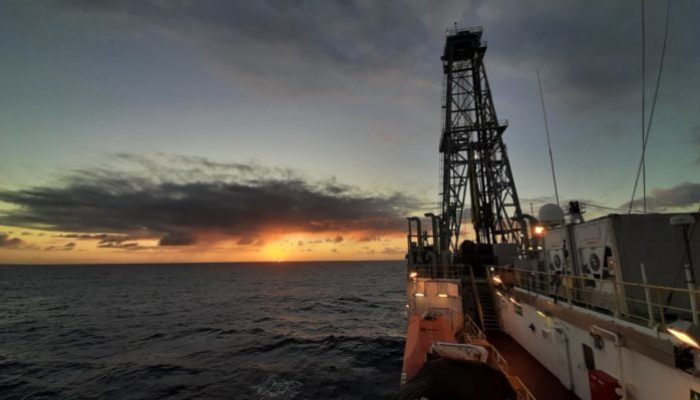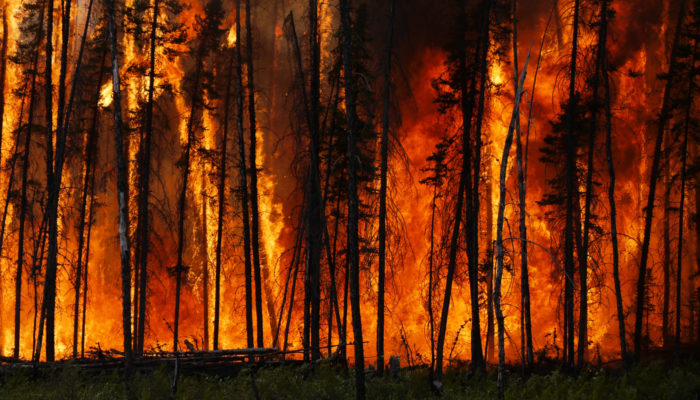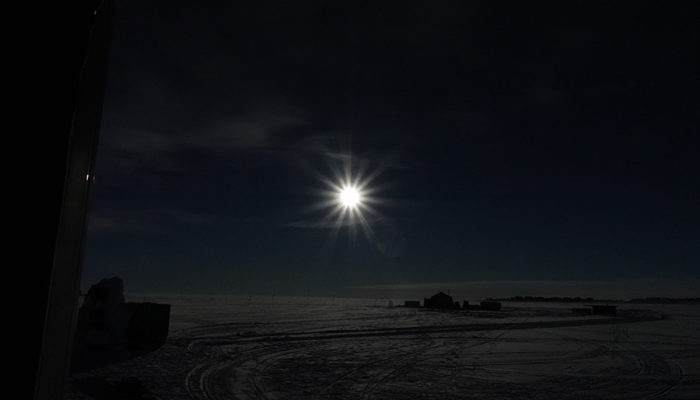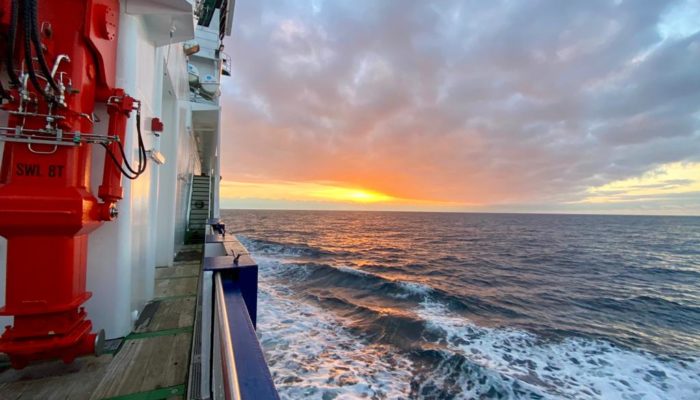There has been considerable disagreement amongst researchers concerning the extent of South Georgia’s ice sheet during the Last Glacial Maximum (LGM). The sub-Antarctic islands (those below the polar front) may have been completely glaciated during previous glacials, and the last largest extent of the South Georgia ice sheet was during the LGM, about 21,000 years ago. But glaciologists don’t agree ...[Read More]
Geodynamics
Geodynamics: It’s in the air we breathe!
Have you ever wondered how Earth became habitable. In this week’s news and views, we have Fabio Capitanio, Associate Professor at Monash University sharing insights into the role Geodynamics in the evolution of Earth and life on it. Our planet has unique features which make it suitable for life. Understanding how the Earth became habitable is necessary to answer the most fundamental question ...[Read More]
Cryospheric Sciences
A new glacier chronology from New Zealand
In this week’s blog, Levan Tielidze tells us about the new glacier history from the Southern Alps of New Zealand, an important piece of information to better understand the climatic history of Earth during the Quaternary, the current geologic period. Quaternary glaciations Geochronological dating of glacial moraines is useful for determining the extent and timing of past glaciation and for reconst ...[Read More]
Seismology
“State of the ECS”: How was EGU 22 for you? Plus the new team!
Hello everyone! Hope you’re doing well, and that those of you who managed to make it to Vienna have now recovered, and that normal researcher life has now resumed (and isn’t too dull in comparison!) We hope you enjoyed all that the EGU GA had on offer, and that you were able to make it to some of the Seismology ECS events. I was very sad that I couldn’t be in two places at once s ...[Read More]
Geochemistry, Mineralogy, Petrology & Volcanology
5 things I learnt from 2 months at sea with the International Ocean Discovery Program
This year I was lucky enough to be part of International Ocean Discovery Program (IODP) Expedition 390 – South Atlantic Transect I – aboard the research vessel JOIDES Resolution which spent two months, from April to June, out in the South Atlantic, drilling into and sampling the upper oceanic crust and sediments. I sailed as a petrologist and was responsible for describing how the basa ...[Read More]
Natural Hazards
Fire impacts on Earth across space and time: a discussion-driven conference
Earth is the only known planet with fire activity – everywhere else, there is not enough oxygen for this process to occur. Since fire appeared on Earth many millions of years ago, it has played a key role in the development of plant adaptation and the distribution of ecosystems. However, the natural occurrence of fire changed with the onset of human evolution. The purposeful use of fire for ...[Read More]
Geodynamics
The Sassy Scientist – Challenging Yourself
Single author papers. You have seen those. Early in your career you look at them and think “Wow! This person must be really smart to publish all by themselves”. Later on, your reaction shifts to “Ahah! Look at this person, publishing the tenth paper by themselves! Nobody wants to be associated with this stuff!”. Whether in awe, in derision, or because she is actually writing one of those, Loredana ...[Read More]
Cryospheric Sciences
Lights out: cryosphere instruments perfectly placed to study solar eclipse
On 04 December 2021, only a handful of people in Antarctica were fortunate enough to experience a total eclipse. As well as spectacular views—including a brief window of totality that darkened the midnight sun for 2 minutes—this phenomenon is known to affect the flow of energy between the Northern and Southern hemispheres of the ionosphere. Because eclipses in Antarctica only happen once every ~20 ...[Read More]
Seismology
Dungeons and Dragons (and Dinosaurs and Displacements…!)
This week we’re looking back to a highlight of the Seismology team’s EGU21 output – Dinosaurs & Displacements! So if you’re watching the Dungeons & Dragons sessions in the new season of Stranger Things on Netflix, and think it could do with a big more geoscience, look no further than this blog by the Dungeon Masters Lars Gebraad and Maria Tsekhmistrenko… It’s ...[Read More]
Ocean Sciences
A modern take on the 19th-century scientific expeditions: cruise MSM104/1
“Every ship that navigates the high seas, with these charts and blank abstract logs on board, may henceforth be regarded as a floating observatory, a temple of science.” Matthew Fontaine Maury This is a joint post, published together with the climate sciences division blog and the ocean sciences division blog. The ocean has always been important for humanity, with trade and war being just two exam ...[Read More]

